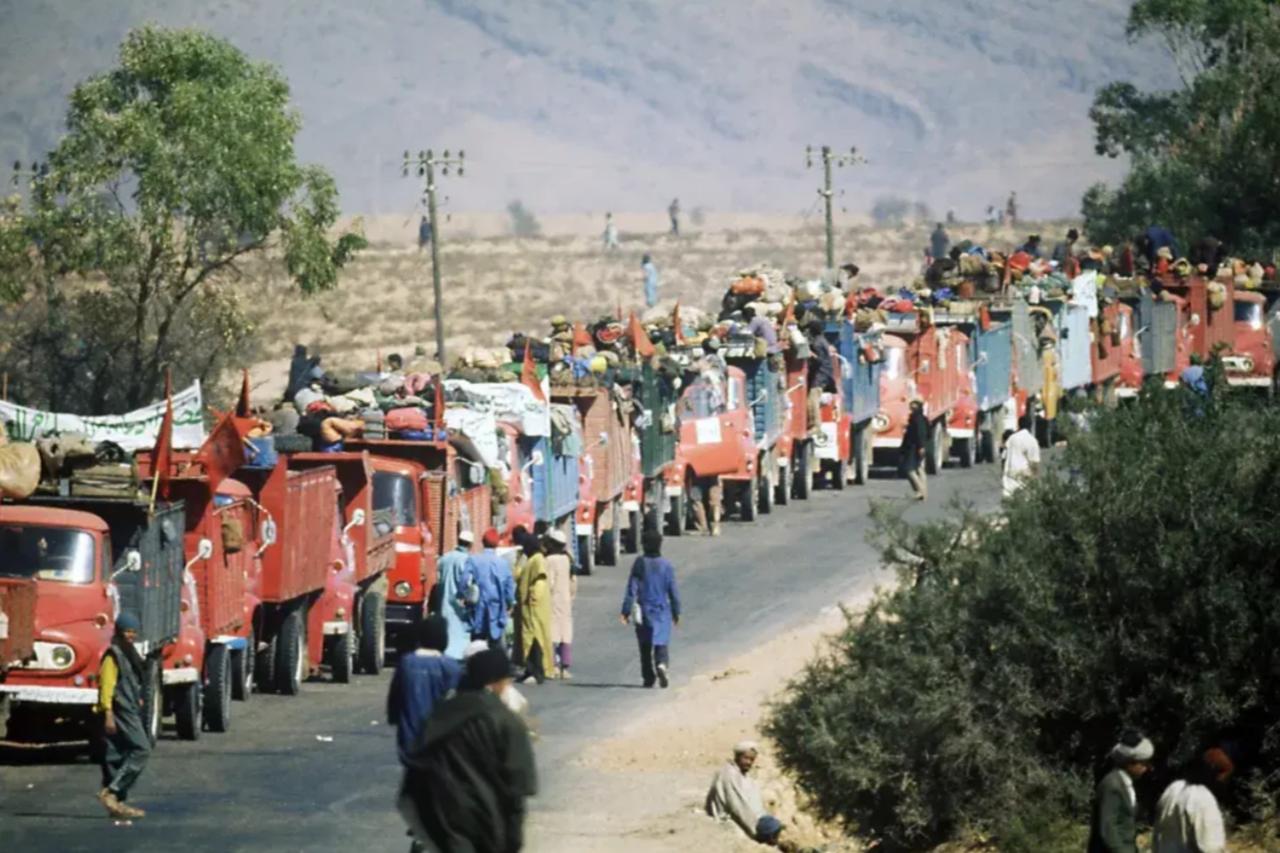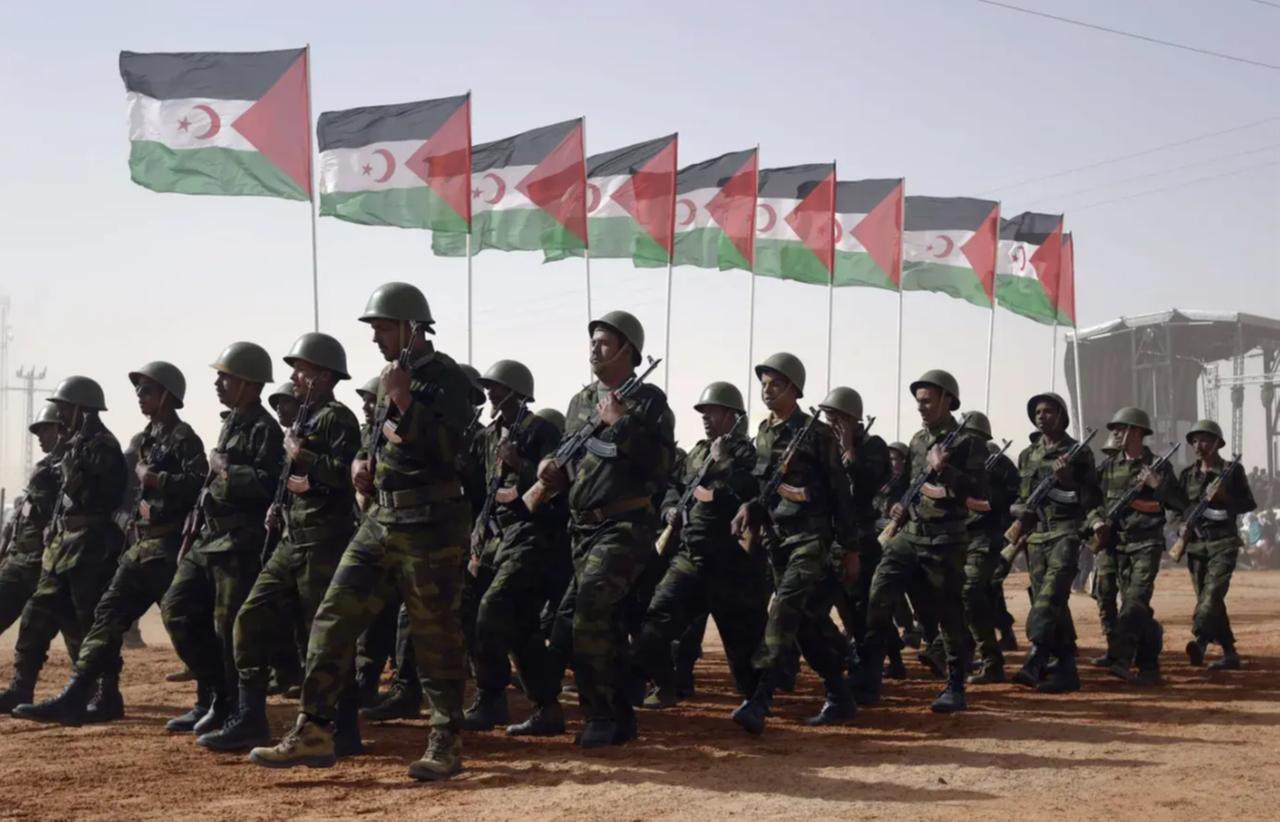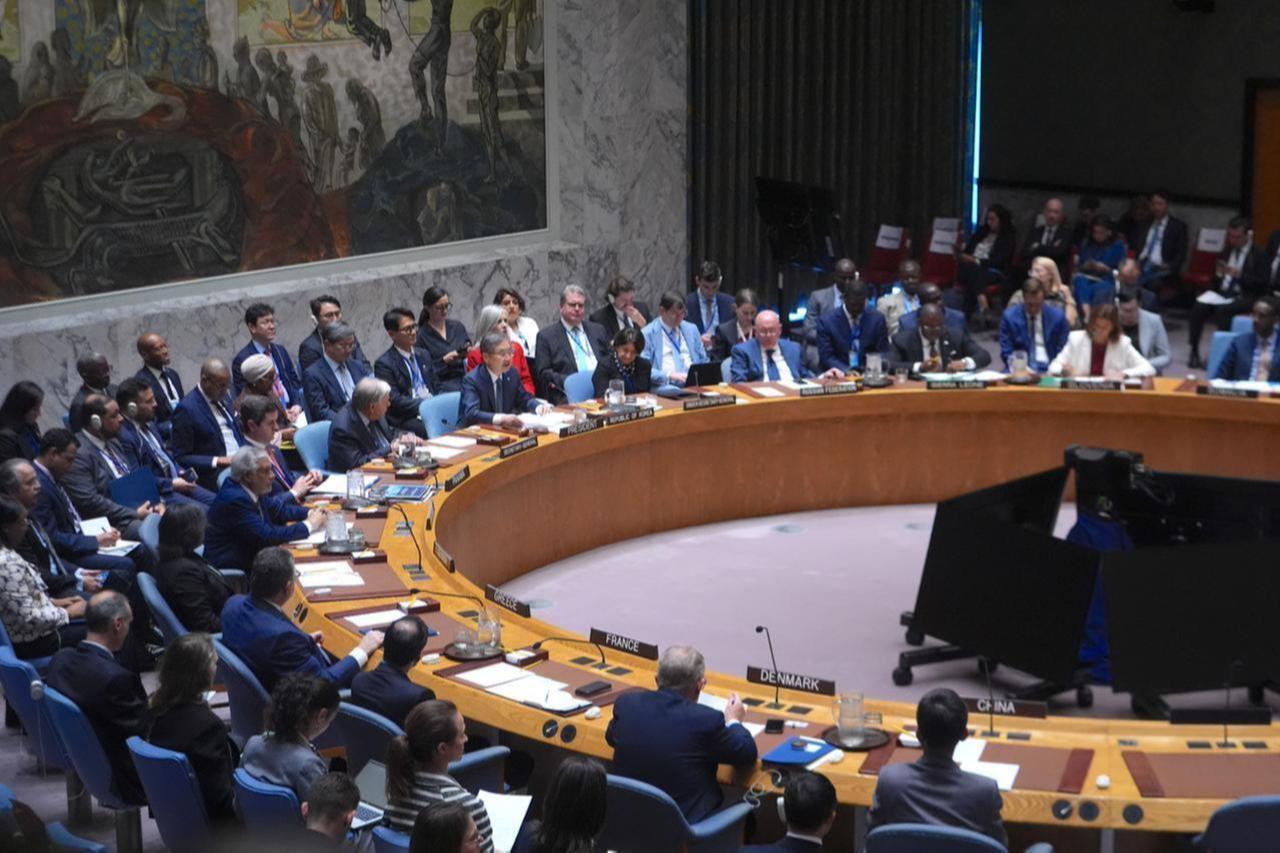
The UN Security Council on Friday adopted a resolution declaring Morocco's autonomy plan for Western Sahara the "most feasible" solution to the decades-long territorial dispute, marking the strongest international backing yet for Rabat's position over the contested region.
The measure passed with 11 votes in favor and three abstentions, with no votes against. Algeria, which supports the independence-seeking Polisario Front, refused to participate in the vote.
The resolution extends the mandate of the UN Mission for the Referendum in Western Sahara until October 2026 and calls for negotiations "taking as basis Morocco's Autonomy Proposal." It describes "genuine autonomy under Moroccan sovereignty" as the path forward for resolving the conflict that has persisted for five decades.

The dispute traces its origins to 1975, when Spain withdrew from its former colony, then known as Spanish Sahara. Morocco and Mauritania subsequently laid claim to the territory, while the Polisario Front launched an armed resistance campaign advocating for independence for the Sahrawi people.
A 1991 ceasefire led to the creation of MINURSO, tasked with organizing a self-determination referendum. That vote has never materialized due to disagreements over voter eligibility and the political process. Morocco currently controls approximately 80 percent of the territory.

Morocco presented its autonomy plan in April 2007, proposing limited self-governance under Moroccan sovereignty. The Security Council first acknowledged the proposal as "serious and credible" in Resolution 1754 that same year, initiating a gradual shift in the UN's approach to the conflict.
Friday's resolution represents a departure from previous language by explicitly designating the autonomy plan as the foundation for negotiations, while omitting references to an independence referendum—a key demand of the Polisario Front. The measure also calls for a strategic review of MINURSO in six months based on progress in the political process.
The United States drafted the resolution as part of broader diplomatic efforts to mediate between Morocco and Algeria. France and the United Kingdom have also endorsed Morocco's autonomy plan through bilateral statements.
The Polisario Front rejected the resolution, characterizing it as legitimizing what it calls Moroccan occupation of Sahrawi territory. Morocco welcomed the vote as a diplomatic victory.
The 1991 ceasefire collapsed in 2020, with sporadic clashes reported since then. Sahrawi refugees, many living in camps in Algeria, protested Friday's vote. MINURSO monitors the ceasefire but does not have a human rights monitoring mandate, a point of continuing contention among advocacy groups and some Security Council members.